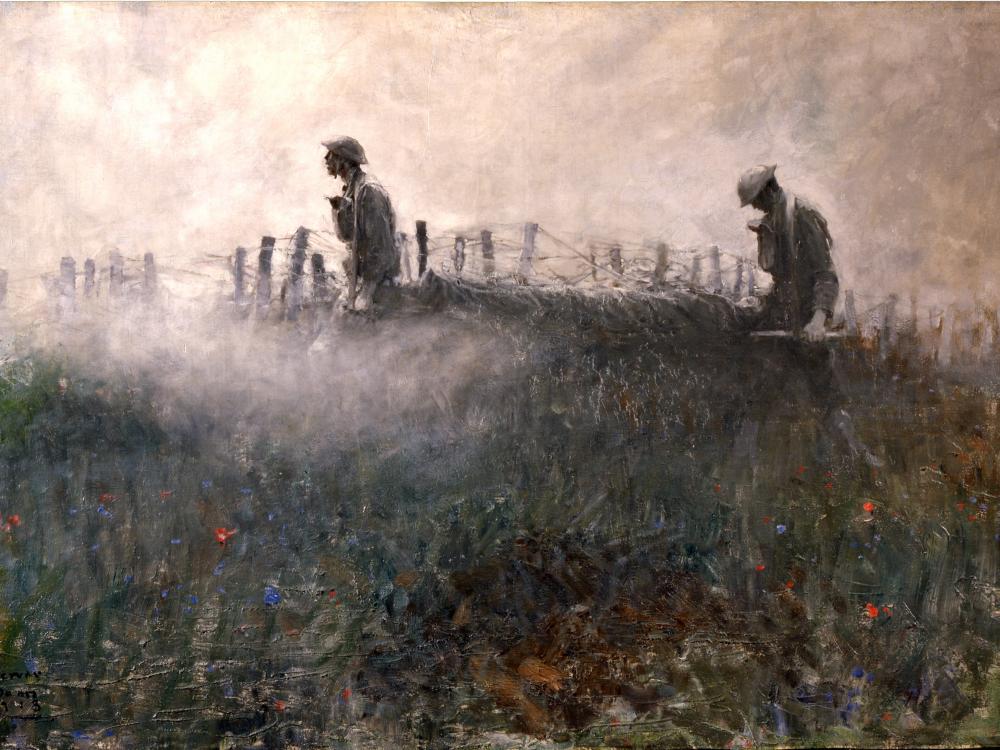
In this STEAM (science, technology, engineering, art, math) inspired STEM in 30, we’ll take a look at some of the technological advances of World War I that solidified the airplane’s legacy as a fighting machine. In conjunction with the Embassy of Belgium, we’ll also dive deep into how the war affected the lives of children in an occupied country and how lace makers helped feed a nation. The episode will also look at present works of art by artist soldiers on display in the Artist Soldiers: Artistic Expression in the First World War exhibition.
Next Generation Science Standards:
MS-ETS1-4 Engineering Design
Develop a model to generate data for iterative testing and modification of a proposed object, tool, or process such that an optimal design can be achieved.
MS-PS3-1 Energy
Construct and interpret graphical displays of data to describe the relationships of kinetic energy to the mass of an object and to the speed of an object.
MS-PS3-5 Energy
Construct, use, and present arguments to support the claim that when the kinetic energy of an object changes, energy is transferred to or from the object.
MS-PS2-2 Motion and Stability: Forces and Interactions
Plan an investigation to provide evidence that the change in an object’s motion depends on the sum of the forces on the object and the mass of the object.
We rely on the generous support of donors, sponsors, members, and other benefactors to share the history and impact of aviation and spaceflight, educate the public, and inspire future generations. With your help, we can continue to preserve and safeguard the world’s most comprehensive collection of artifacts representing the great achievements of flight and space exploration.